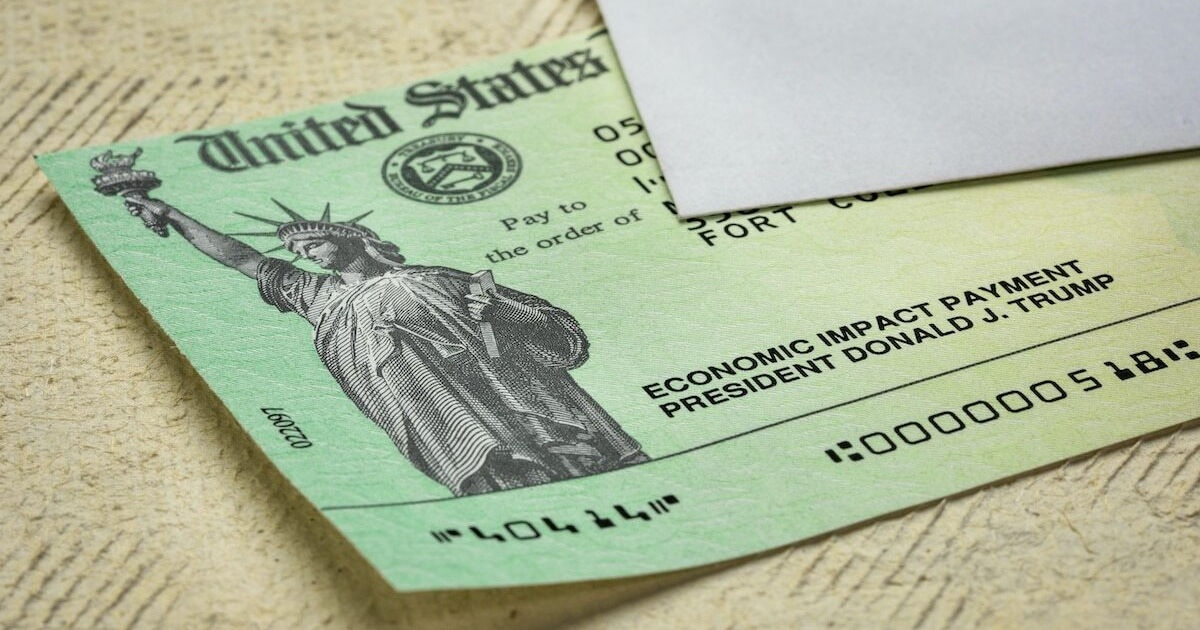Applications Under The COVID-19 Relief Statewide Small Business Assistance Program Due By August 28th
From now through August 28, 2020, the second and final round of funding through the COVID-19 Relief Statewide Small Business Assistance program is...







